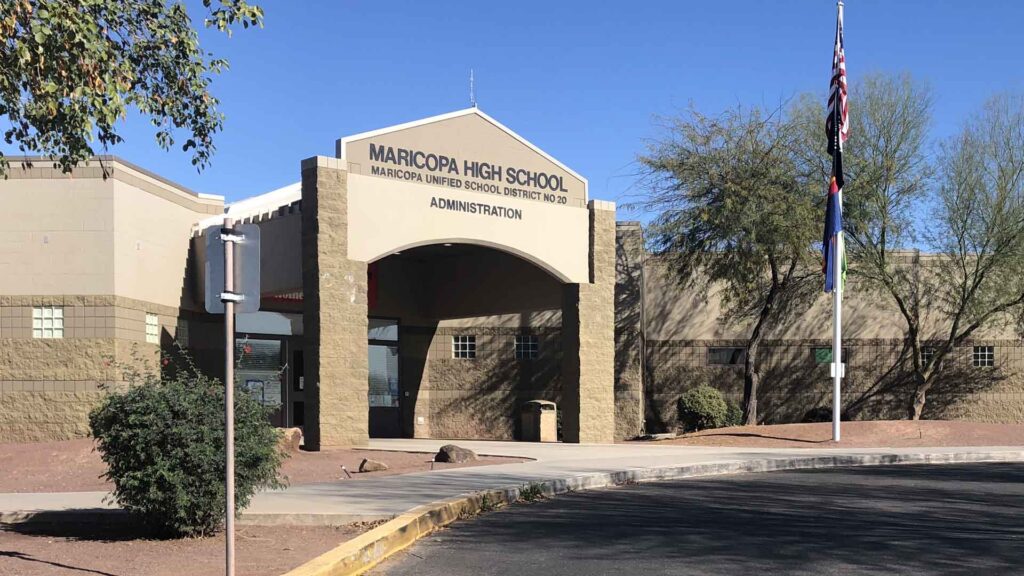Maricopa schools explore use of educational AI in classrooms
Maricopa Unified School District recently convened an open meeting, inviting parents and staff to delve into the integration of artificial intelligence (AI) within classroom settings across the district.

Maricopa Unified School District recently convened an open meeting, inviting parents and staff to delve into the integration of artificial intelligence (AI) within classroom settings across the district. The objective was twofold: to educate stakeholders about AI’s potential role in education and to gather valuable input and feedback.
Christine Dickinson, the Director of Technology at MUSD, highlighted that the district is in the preliminary stages of exploring AI’s implementation. They are actively seeking insights from various educational entities such as other school districts, the Pinal County School Office, and the Arizona Department of Education to craft a comprehensive framework.
In her address, Dickinson emphasized the importance of soliciting opinions from teachers, students, and parents to tailor an AI curriculum that aligns seamlessly with the diverse needs of schools and programs within the district.
“We’re eager to hear their perspectives on the potential directions for AI integration,” Dickinson explained. “Should we emphasize creativity or focus more on tutoring capabilities? By addressing any concerns now, we aim to proactively shape the framework before its deployment.”
While certain AI technologies like Canva, Curipod, Khan Academy, and CTE Coursework have received approval for usage within MUSD, Dickinson encourages both students and teachers to propose new AI tools. These suggestions undergo stringent privacy evaluations by the technology team.
Dickinson expressed admiration for educators embracing innovative tools that resonate with their teaching methods. The district’s aim is to identify AI tools that seamlessly complement the existing curriculum, catering to the diverse needs of teachers and students. Plans are in place to roll out the framework and provide professional development opportunities to master AI implementation.
Opinions regarding AI integration in classrooms remain diverse within the district. While some teachers, particularly in artistic fields, embrace AI’s usefulness, others, such as English instructors, express concerns about potential plagiarism issues.
Highlighting the paramount importance of academic integrity, Dickinson reiterated that AI should augment students’ learning experiences rather than supplanting them.
“AI’s integration into our curriculum is inevitable, and our focus is on responsible usage,” Dickinson stressed. “We are committed to training both students and teachers to leverage AI appropriately, prioritizing safety, academic integrity, and the development of critical evaluation and citation skills.”
The district’s overarching goal is to ensure that AI becomes an integral, responsible, and beneficial tool, safeguarding educational integrity while preparing students for the future landscape of learning.




